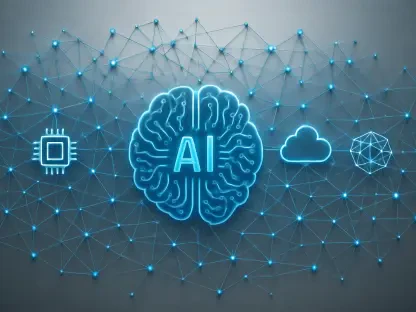Cloud computing is made of many different elements, such as storage, analysis, databases, software, intelligence, networks, and so on. As cloud-based software is getting more and more monetized, all these technologies ensure a promising career for programmers. Let’s see what programming languages are used by cloud engineers and developers to create their solutions.
The Game of Chess and What’s Beyond Programming Itself
A programming language is like the game of chess. You can learn the rules in minutes, but it will take you a lifetime to become a master. When choosing a programming language, you must first define your issue and determine which ecosystem can help you. The ecosystem around a programming language is more important than the programming language itself. For example, Python has a brilliant ecosystem for scientific calculations. If you have to crunch numbers, you should not hesitate to use Python’s, NumPy’s, and Pandas’s libraries, as they are a huge help for programmers.
Even though big, global companies like Nvidia, Microsoft, or Amazon are talking about all sorts of innovative projects based on cloud computing and high-speed internet, not all companies will end up playing in the same league. However, such projects—and the subsequent confirmation of capabilities—will generate demand from other players in the industry. We are indeed talking about digital transformation, which will have an impact on both the private and public sectors.
In the case of programming languages, many programmers started with those required for the three major cloud service providers, Amazon Web Services, Microsoft Azure, and Google Cloud Platform. Once again, the importance of these languages is overshadowed by the frameworks and technologies that enable efficient, standardized, portable, and sustainable development. Some examples would be the ASP.NET Core platform, key-value or document databases, ORM frameworks, REST concepts, real-time communication, microservices, caching, and load balancing concepts.
Top Cloud Programming Languages to Learn Today
Phyton
A fantastic option for newcomers to the world of programming, Python is also the strongest programming language for cloud computing and cloud creation. To make development simpler and more stable, hundreds of third-party modules and support libraries are included. It has a relatively short learning curve compared to other programming languages and is widely used in the creation of serverless applications on Amazon Web Services.
Node.js
Node.js is a lightweight JavaScript server-side development framework that has been gaining popularity for the past years. This open-source programming language was built on Google’s V8 JavaScript engine, which is included in Google Chrome. Node.js is used to create web applications, as well as services that require a constant exchange of information with the user, such as social networks, chat applications, project collaboration systems etc. Like many other languages, it’s supported by Windows, macOS, and Linux.
Java
Known as a general-purpose programming language, Java is highly versatile, a feature that makes it one of the few languages that can be used to create applications for websites, desktops, mobile devices, as well as video games. The language is suitable for all tasks and is relatively easy to learn.
It’s perfect for game development and application development for all platforms, but it’s not the perfect solution when you need an attractive GUI and verbose or complex systems.
PHP
First launched in 1994, PHP is suitable for developing websites on the most common operating systems (Windows, macOS, and Linux). It is easy to learn, and it has outstanding dynamism, which makes it a better choice when developing applications with dynamic elements.
PHP is an ideal programming language if you want to automate websites or perform other functions. It is compatible with cloud computing, as it can be used with a wide range of database management systems and runs smoothly in various operating systems. PHP supports many database systems, such as Oracle, MySQL, Postgre, MSSQL, MongoDB, and others.
ASP.NET
ASP.net is a software language developed by Microsoft in order to create web applications and websites with high functionality. Considered of the best languages for Cloud software, ASP.NET has the ability to provide dynamic HTML webpages and cutting-edge solutions that can be viewed across different browsers.
ASP.NET is the combination of the older ASP technology (Active Server Pages) and the .NET Framework. It contains many out–of–the–box control components, and it allows developers to program in different languages, such as C#, Visual Basic, and J#.
Cloud computing programming languages are taking the business world by storm, and knowing modern cloud coding can help you stay ahead of the competition. In conclusion, for a programmer who wants to learn new skills or improve his existing ones, he or she should pay attention to Python and Node.js—before moving on to Java, PHP, and ASP.NET.









